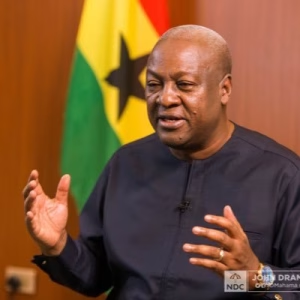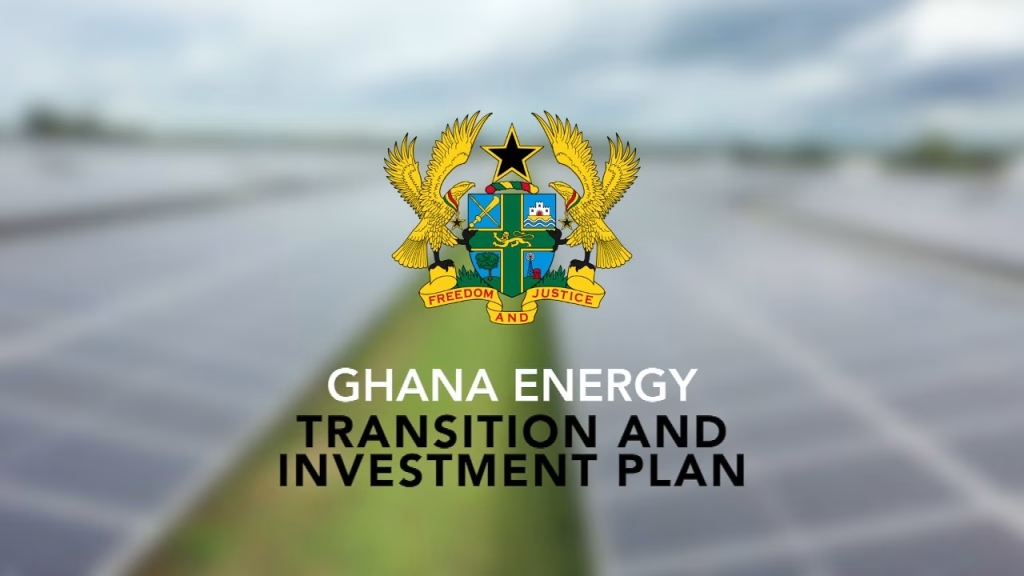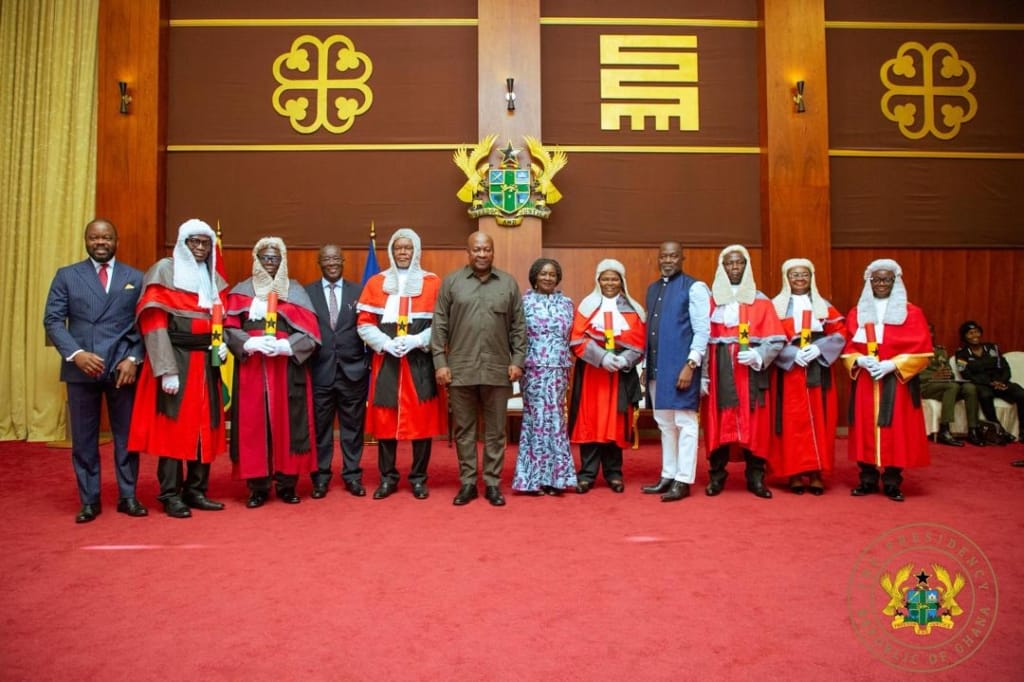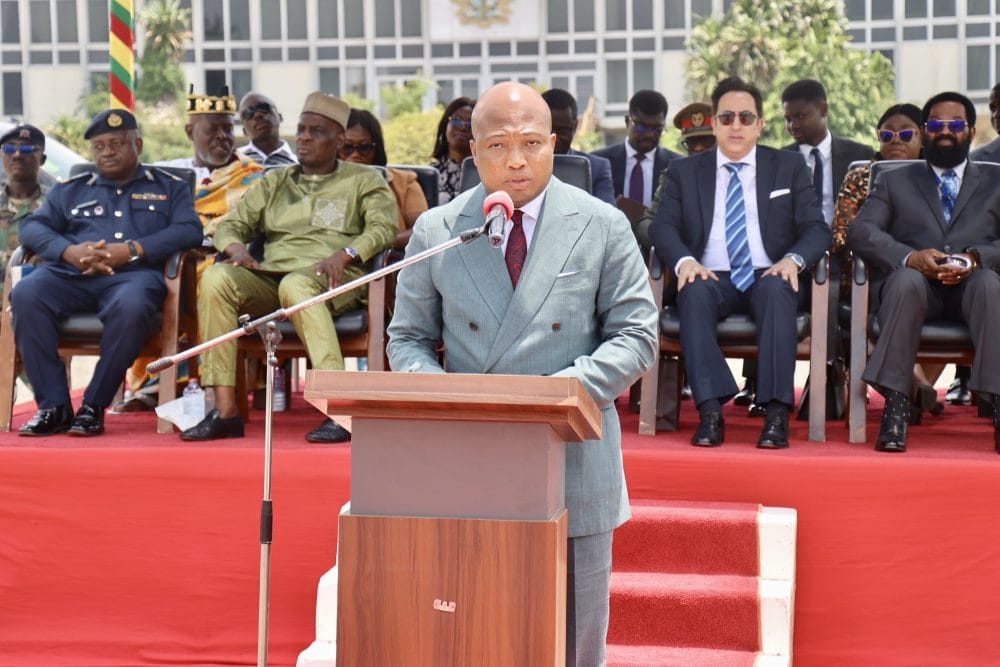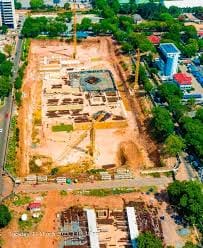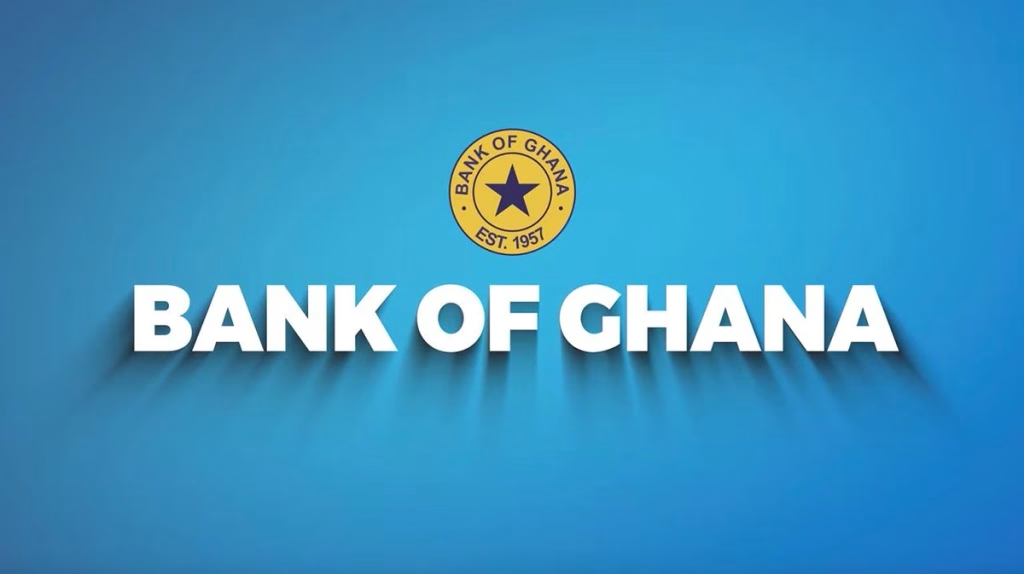Ghana’s Big Oil Discovery: What the Eban-Akoma Find Means for the Nation
Ghana’s energy sector has received a major boost following the announcement that the Eban-1X and Akoma-1X oil and gas wells are commercially viable. The declaration was made by the Ministry of Energy and Green Transition on July 3, 2025, and it signals the start of what could become one of Ghana’s largest oil developments in years.
What Was Discovered?
The two discoveries are located in the Cape Three Points Block 4, offshore in the Western Region. The joint venture leading the exploration includes Eni Ghana, Vitol Upstream, GNPC/Explorco, and Woodfields Upstream.
Eban-1X holds primarily oil.
Akoma-1X is rich in gas and condensates.
Estimates suggest that these fields could produce between 500 and 700 million barrels of oil equivalent (boe) — a major addition to Ghana’s known reserves.
What Happens Next?
Now that the fields have been declared commercially viable, the next step is for the Joint Venture partners to submit a Plan of Development (PoD) to the government. This plan will detail how production will be carried out, timelines, infrastructure, and how local communities and businesses will benefit.
The Petroleum Commission and GNPC will oversee this process to ensure that everything aligns with national interest and environmental standards.
Why This Matters
1. Economic Boost
The discovery means new revenue for Ghana through oil exports, royalties, and taxes. If managed well, it could support infrastructure, healthcare, and education.
2. Job Creation
From construction to logistics and operations, oil production opens up many job opportunities. Local businesses will also benefit from service contracts.
3. Energy Security
The gas from Akoma could power local plants, reducing reliance on imported fuels and improving electricity supply.
4. Investor Confidence
This announcement is good news for global investors who had doubts about Ghana’s energy potential. It shows that the sector is still active and promising.
Public Reactions
Many experts and industry players have welcomed the news. Stakeholders say it confirms Ghana’s strong position in Africa’s energy future. However, civil society organizations are also calling for transparency and accountability to ensure the revenue benefits everyday Ghanaians and not just political elites or foreign companies.
